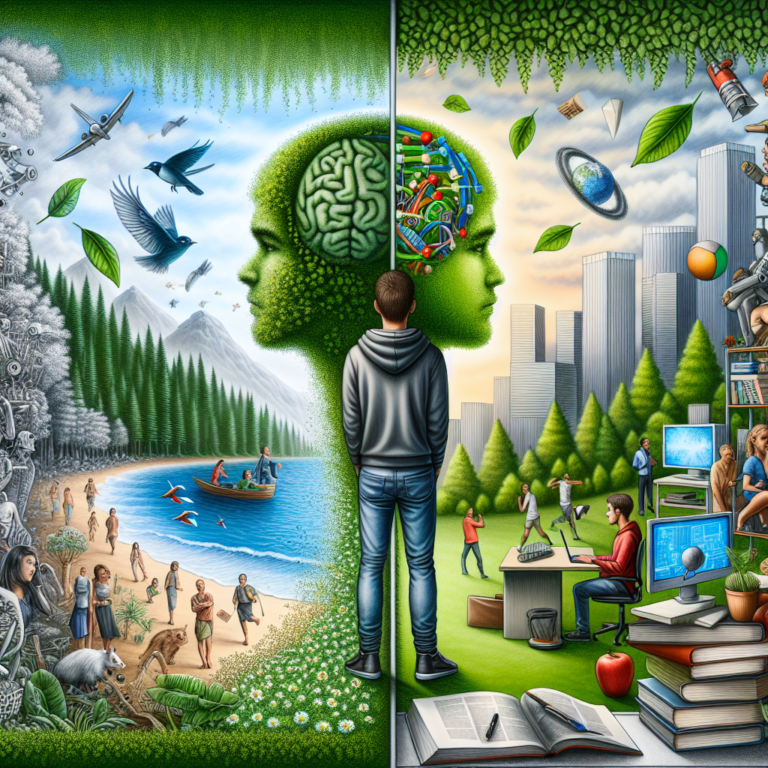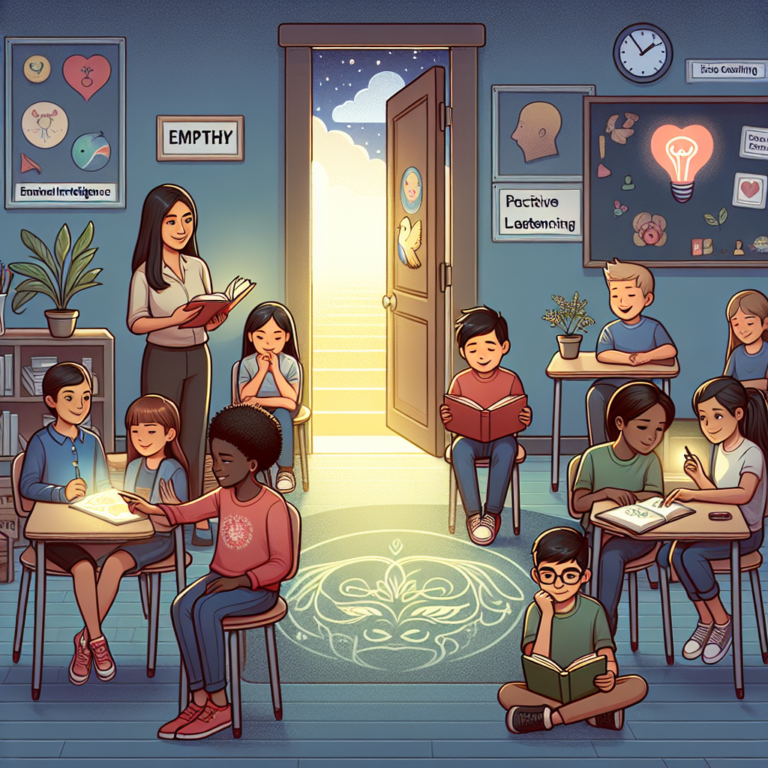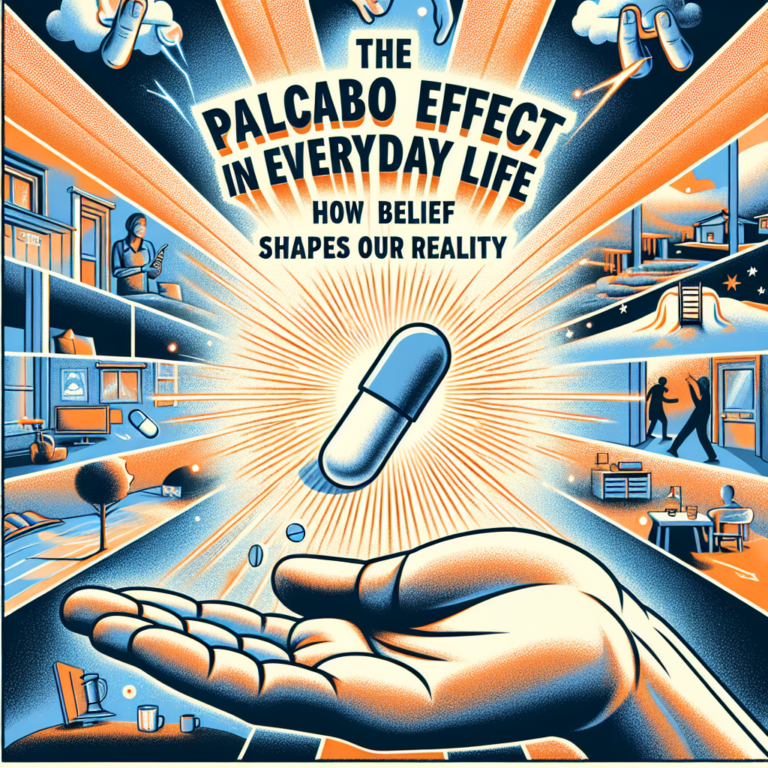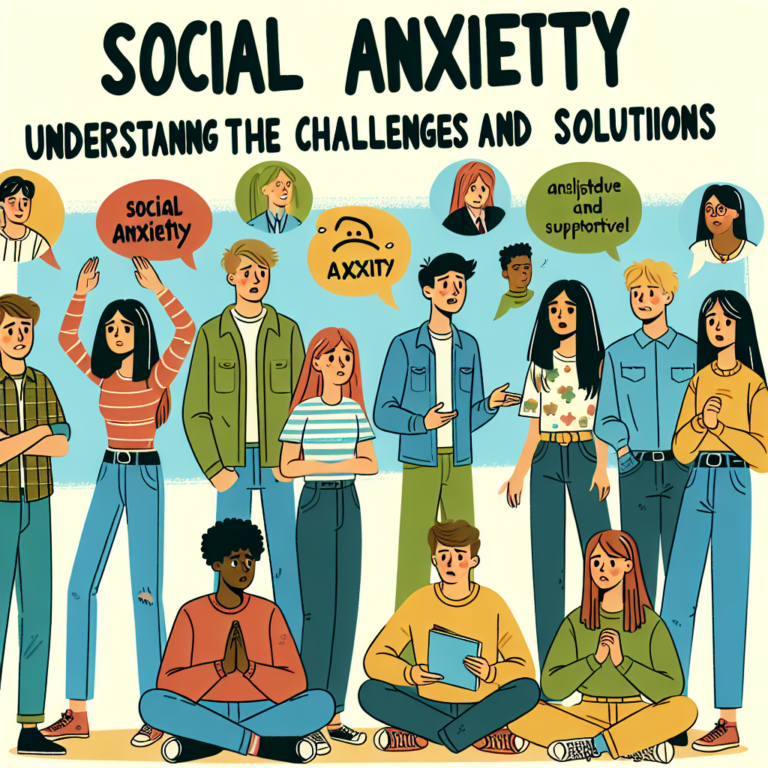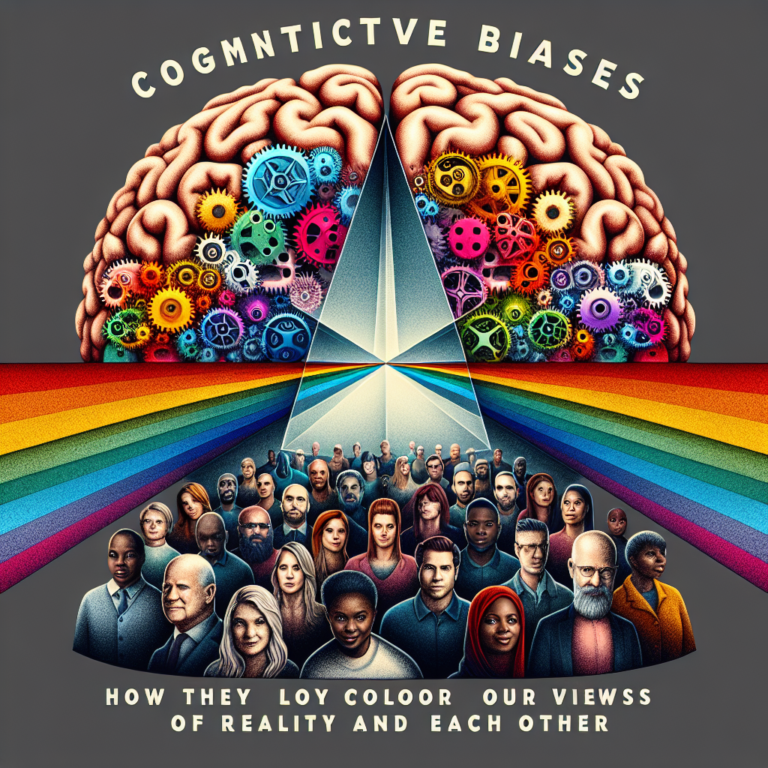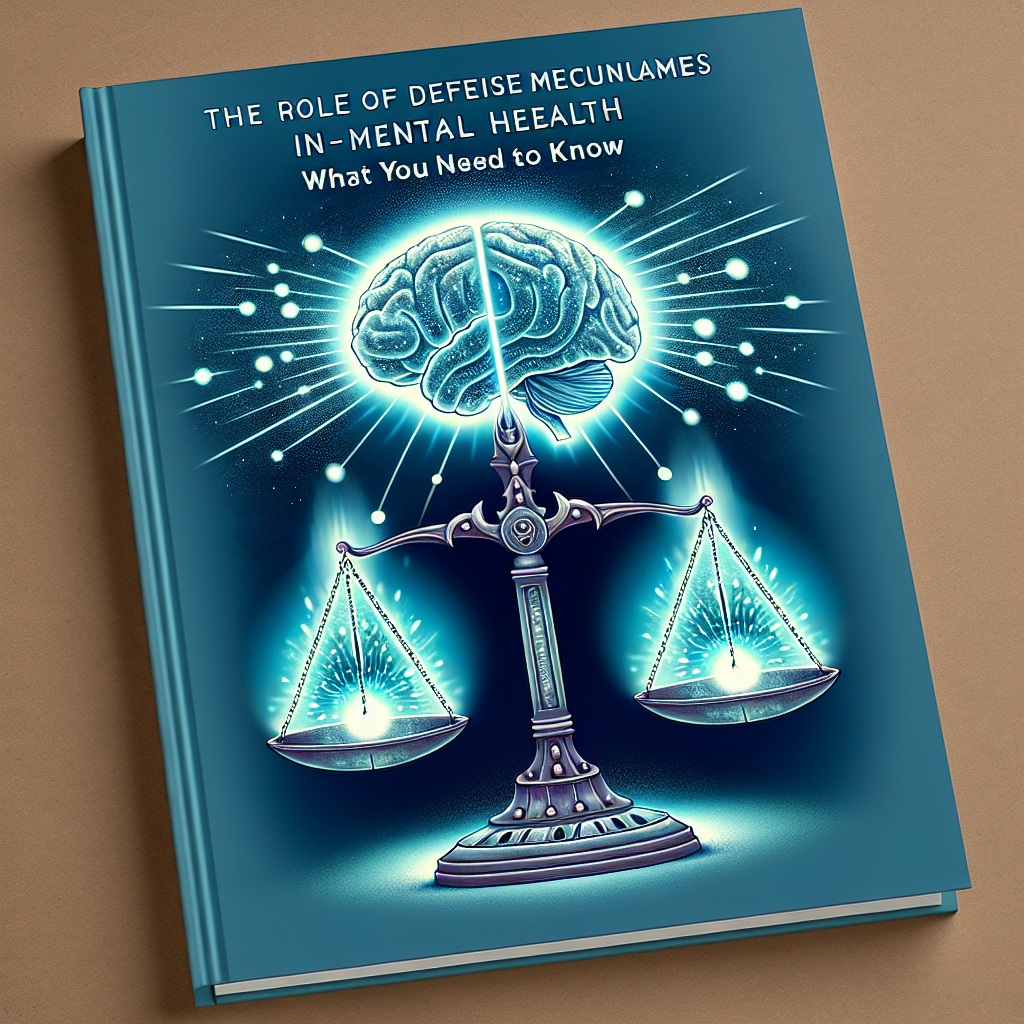
Introduction
Understanding mental health can often feel like traversing a complex labyrinth, filled with intricate paths and hidden doors. One of the most essential yet often overlooked components of navigating this landscape is the role of defense mechanisms. While they are a natural response to stress and anxiety, defense mechanisms can also significantly impact our mental well-being. In this article, we’ll delve into The Role of Defense Mechanisms in Mental Health: What You Need to Know, providing valuable insights, illuminating case studies, and offering actionable advice to help you harness these mechanisms for better mental health.
What Are Defense Mechanisms?
Defense mechanisms are psychological strategies that the mind employs to cope with reality and maintain self-image. Developed initially by Sigmund Freud and further adapted by his daughter Anna Freud, these mechanisms function unconsciously; they often distort, deny, or falsify reality to protect the individual from emotional distress or anxiety.
The Purpose of Defense Mechanisms
The primary purpose of these mechanisms is to help individuals manage anxiety and maintain a sense of control. While some defense mechanisms can be healthy and adaptive, others may hinder emotional growth and conflict resolution. Therefore, understanding the role of defense mechanisms in mental health is not just interesting but essential for fostering therapeutic growth and emotional resilience.
Key Types of Defense Mechanisms
There are several types of defense mechanisms, each serving a unique purpose in one’s emotional repertoire. Here are some commonly recognized ones:
- Repression: Pushing unacceptable thoughts or desires into the unconscious.
- Denial: Refusing to accept reality or facts.
- Projection: Attributing one’s own unacceptable feelings to others.
- Rationalization: Offering logical reasons to justify unreasonable actions.
- Displacement: Redirecting emotions from a threatening target to a safer one.
Understanding these mechanisms helps us identify problematic patterns in ourselves and others.
The Impact of Defense Mechanisms on Mental Health
Case Study 1: Sarah’s Repression
Sarah, a 30-year-old educator, often finds herself uncharacteristically angry but unable to pinpoint the source of her feelings. After several sessions with a therapist, Sarah discovered that she had been repressing memories of a difficult childhood. Once she became aware of her repression, she was able to engage in healing practices that illuminated her path toward emotional health.
Analysis: Sarah’s case illustrates how repression can obstruct understanding and healing. Fear of confronting painful memories led her to experience unrecognized anger, affecting both her personal and professional life.
Takeaway: Engaging with painful memories and feelings, rather than repressing them, can lead to healthier emotional processing.
The Role of Defense Mechanisms in Therapy
In therapy, defense mechanisms can often be identified, examined, and ultimately transformed. For instance, a therapist might point out a client’s tendency toward rationalization, helping them recognize ways it impacts their relationships.
Example Table of Common Defense Mechanisms and Their Effects:
| Defense Mechanism | Effect on Mental Health | Adaptive or Maladaptive |
|---|---|---|
| Repression | Can lead to unresolved trauma | Maladaptive |
| Denial | Prevents dealing with significant issues | Maladaptive |
| Projection | Impairs interpersonal relationships | Maladaptive |
| Rationalization | Can offer temporary comfort | Adaptive if it leads to acceptance |
| Displacement | Offers a temporary outlet for frustration | Maladaptive if persistent |
Understanding where each type lies along this spectrum can help you make informed choices about which mechanisms to engage with or regulate.
The Intersection of Defense Mechanisms and Stress
Stress can exacerbate the use of defense mechanisms, frequently pushing individuals into more maladaptive responses. For example, consider Michael, who experiences overwhelming work pressure. In his stress, he begins to rationalize his decision to disengage from friendships, which further isolates him and worsens his mental state.
Case Study 2: Michael’s Rationalization
Michael, a 25-year-old accountant, was under substantial pressure at work. His initial response was to rationalize spending less time with friends, attributing it all to a need for productivity. Over time, this rationalization spiraled into a destructive cycle of loneliness and depression.
Analysis: The maladaptive use of rationalization led to a compounding negative effect on Michael’s mental health. Realizing this mechanism allowed him to seek help and prioritize social connections again.
Takeaway: Recognizing how stress can amplify reliance on certain defense mechanisms is crucial for creating healthier coping strategies.
Identifying Your Own Defense Mechanisms
Awareness is the first step toward change. Start by reflecting on your reactions to stress, conflict, or discomfort.
Reflective Exercises:
Journaling: Write down situations that trigger strong emotional responses. Identify the defense mechanisms you might be employing.
Therapy: Work with a mental health professional who can help you uncover unconscious mechanisms and facilitate transformation.
- Mindfulness Practice: Develop skills in mindfulness to create space for self-observation without judgment, making it easier to identify defense mechanisms in action.
The Benefits of Understanding Defense Mechanisms
Understanding The Role of Defense Mechanisms in Mental Health: What You Need to Know opens doors to better self-awareness, emotional intelligence, and interpersonal relationships. Recognizing these mechanisms can lead to:
- Improved Emotional Regulation: Understanding your mechanisms can help you manage emotions more effectively.
- Enhanced Relationships: Knowing how these mechanisms operate can improve communication in your relationships by reducing misinterpretation.
- Greater Resilience: By learning alternative coping strategies, you become more resilient in the face of stress.
Combining Defense Mechanisms with Self-Care
Self-care is an essential part of maintaining mental health, but it can be challenging to incorporate when you’re relying on maladaptive defense mechanisms.
Case Study 3: Emma’s Denial
Emma, a 40-year-old professional, found herself in the cycle of denial concerning her stress-related issues. Instead of acknowledging her increasing anxiety, she continued overcommitting at work. Eventually, the denial manifested as physical symptoms, forcing her to confront the issue.
Analysis: Emma’s denial was a significant barrier to her well-being; it not only affected her mental health but also led to unintended physical consequences. Acknowledging her reality allowed her to prioritize self-care.
Takeaway: Being open to the realities of your emotions fosters healthier habits and mitigates the risk of denial leading to more severe consequences.
Strategies to Navigate Defense Mechanisms
Navigating defense mechanisms involves understanding them and developing healthier coping strategies. Here are some adaptive responses:
Cognitive Restructuring: Challenge irrational thoughts and replace them with more balanced perspectives.
Emotional Validation: Allow yourself to feel and acknowledge your emotions without judgment.
Therapeutic Techniques: Employ Cognitive Behavioral Therapy (CBT) strategies to identify and alter maladaptive patterns.
- Build Supportive Networks: Engaging with friends, family, and support groups can help combat isolation, leading to healthier emotional expressions.
Conclusion
In summary, understanding The Role of Defense Mechanisms in Mental Health: What You Need to Know is an empowering step toward achieving mental wellness. By recognizing different defense mechanisms and their impact on our lives, we can cultivate greater emotional intelligence, resilience, and overall mental health. The journey may be challenging, but the rewards—enhanced self-awareness, improved relationships, and emotional regulation—are worth the effort.
FAQs
1. What are the most common defense mechanisms?
The most common defense mechanisms include repression, denial, projection, rationalization, and displacement.
2. How can I recognize my own defense mechanisms?
You can recognize your defense mechanisms by engaging in reflective practices like journaling, seeking therapy, or practicing mindfulness.
3. Are defense mechanisms inherently negative?
No, some defense mechanisms can be adaptive. However, persistent reliance on maladaptive mechanisms can hinder emotional growth.
4. How does stress affect defense mechanisms?
Stress can exacerbate reliance on unhealthy defense mechanisms, leading to increased emotional distress.
5. Can understanding defense mechanisms improve my relationships?
Yes, understanding and addressing your own defense mechanisms can enhance your communication and empathy, leading to healthier relationships.
By embracing this knowledge and taking actionable steps, you can pave the way for a more fulfilling mental health journey. Always remember: the mind is powerful, and your capacity for growth is limitless.




